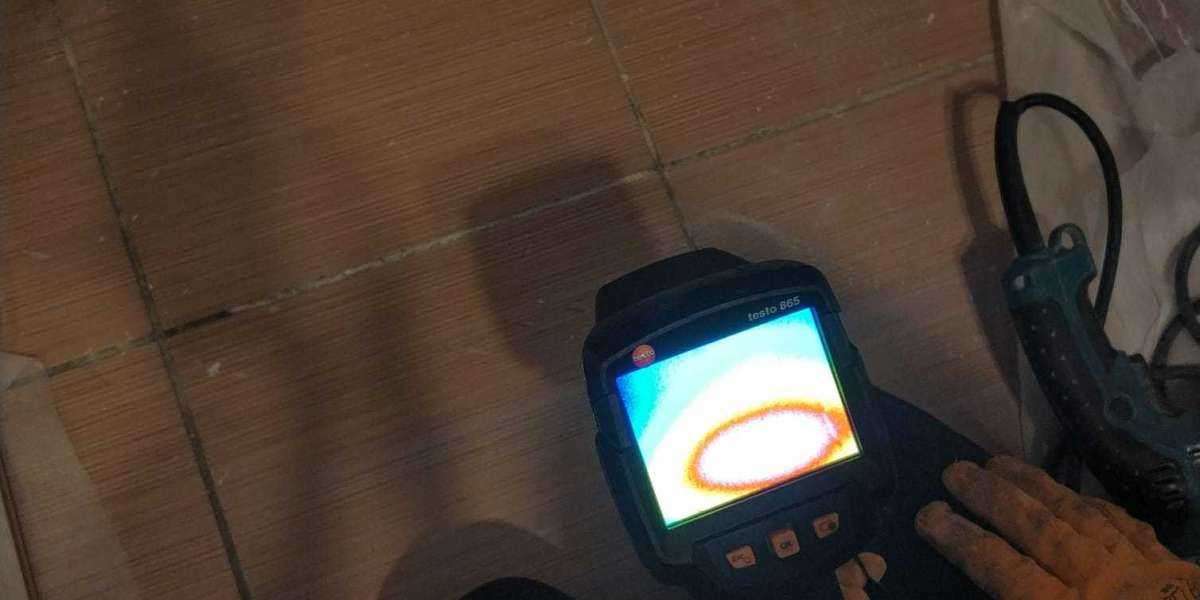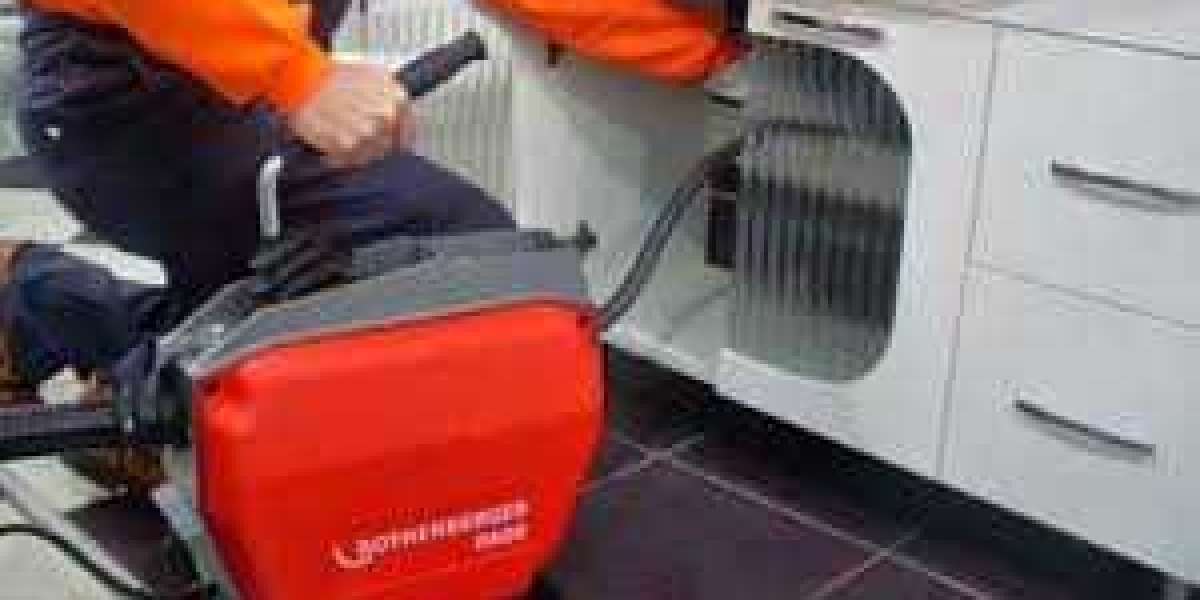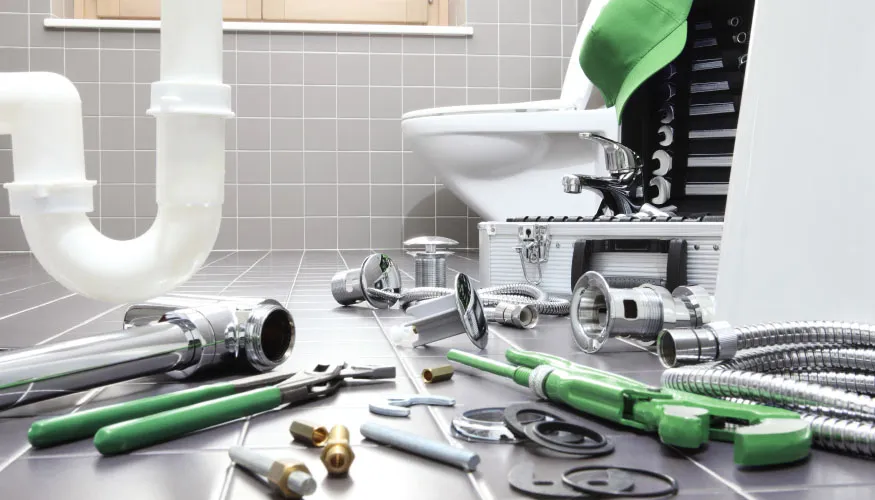Landlord safety certificates are a legal requirement for many landlords, proving that the property is in compliance with basic safety and health standards. They also allow landlords to maintain their property's condition and stay ahead of problems that might otherwise cost them time and money.
These requirements include fire safety checks, electrical inspections, and gas inspections. This article will provide information on what landlords can expect from these inspections and how they can prepare their properties to meet the requirements.
Legal Requirements
Landlords are required to fulfill a variety of legal obligations regarding the safety of tenants living in their properties. They must adhere to a wide range of laws, and a landlord safety certificate is a way to demonstrate that a property meets the minimum standards of maintenance and security. If a landlord does not comply with these requirements, they may be subject to fines and penalties, based on local laws.
A licensed professional must perform a thorough inspection to obtain a safety certificate for landlords. It is usually a thorough assessment of all systems in the property including electrical and plumbing systems, as well as appliances supplied by the landlord - like air conditioners and heaters. If any violation of the code is found the issue must be addressed prior to the landlord receiving their certificate. The inspection should also consist of a examination of any recent construction on the property which could affect security.
The importance of a safety certificate for landlords cannot be overstated. In addition to the legal implications of not observing these regulations, the security of tenants is at risk if landlords ignore their responsibilities. In the event of a fire, for instance, the possession of a valid fire safety certification is an essential element in ensuring that tenants have safe escape routes and are safe from injuries or damages.
Tenants are more likely to remain in a house that is regularly checked for safety issues. This can reduce the risk of tenant turnover which is costly for landlords. In the end, a property owner who has a reputation for maintaining high standards of safety is more appealing to prospective tenants and may be able to negotiate higher rental prices than landlords who do not have an insurance certificate.
It is important to remember that the scope of a landlord safety certificate could differ across different UK nations, so it is essential to consult local laws and certifying bodies to find out more about the requirements for inspections in your area. However, the following elements of a landlord safety certificate should be common across all countries:
Inspections
Generally speaking the safety inspections for landlords comprise a check of critical systems such as electrical and plumbing systems, as well as a review of items such as carbon monoxide alarms and fire extinguishers that are supplied by the property owner. These inspections must be conducted to ensure that any problems found are addressed before an official safety certificate is issued. Landlords who take these annual inspections serious and seek to address any issues that could arise will demonstrate their commitment to the wellbeing of tenants, which could aid in making them stand out among competitors in the rental market.
Gas safety certificates that can only be issued by Gas Safe registered engineers, are among the most important requirements that landlords have to meet to ensure that their property suitable for renting. Valor Properties explains that these annual inspections of gas appliances and flues are a legal obligation and responsibility of the landlord. They are essential to prevent any problems and protect tenants.
Landlords must prepare for inspections by having experts conduct maintenance work in areas that pose a risk. They should also ensure that they clearly provide a copy of their gas safety certificate to current tenants within 28 days of the inspection as well as new tenants at the beginning of their lease.
Insurance companies consider landlords with up-to-date security certificates as responsible owners of the property, which can negatively impact their ability to obtain insurance. In contrast, failure to keep current safety certificates could be considered negligent and lead to a significant financial loss in the event of a rental property incident.
The overall value of landlord safety certificates cannot be overstated. They are essential in protecting tenants' well-being, maintaining property values and enhancing rentability of rental properties. They can also affect the retention of happy tenants. This decreases turnover and builds a strong reputation for landlords who are a caring and reliable property manager. The importance of security certificates for landlords can't be overemphasized.
Record Keeping
Safety certificates for landlords aren't only an obligation of law, but are essential to ensure that tenants are secure. These inspections and certificates don't only help prevent dangerous issues like gas explosions, they can also help landlords avoid penalties, liability insurance and even criminal charges in some instances. There are numerous resources for landlords looking to protect their tenants and meet local regulations.
One of the first things landlords must do is learn about their local laws. This involves educating themselves on the specific rules in their area and figuring out which inspectors are allowed to perform the necessary tests. Landlords must also know what the penalties are for not having their properties certified. This will help them ensure that they're taking every precaution to protect their tenants and stay in compliance.
Once a landlord is aware of their requirements, they can collaborate with an approved inspector to set up an inspection. Once the inspection is complete they'll be issued a document known as a CP12 certificate. It's a document of the check and must be handed out to both new tenants as well as existing tenants within 28 days of the test. It should be displayed on the property.
In addition to testing for gas issues, landlords must also keep records of any other issues that are discovered during the inspection. This includes the documentation of any work that needs to be completed or appliances that need to be replaced. It is also essential for landlords to record any emergency procedures that have to be followed in the event that something goes wrong during a tenure.
A landlord should be prepared for issues that may arise, as many tenants select a home with the landlord's safety certificate. This can aid them in avoiding dangerous areas and save money by not having to worry about potential repairs or maintenance issues later on.
Landlords can make use of the information contained in their security certificates to ensure an excellent standard of living for their tenants as well as improve their property. It could even aid in attracting more renters and increase the likelihood of locating the perfect tenant for their property, which could result in higher rental rates over time.
Compliance
In addition to ensuring their properties are safe, landlords must also keep detailed documents of any inspections or maintenance work they conduct. This is important for both conformity with local regulations and as a safeguard in the event of insurance claims or disputes. The right documents can assist landlords in proving that they've met the requirements for a certificate of a landlord.
Depending on the location where the property is located, the appliances are installed, and the type of property, landlords might be required to obtain a different type of safety certificate. Landlords who fail to meet the requirements in their locality could face penalties, lose tenants, or even be barred from renting their property altogether. In this regard, it is a good idea for landlords to be familiar with the local rules and regulations regarding landlord safety certificates.
Certain areas, like where landlords are required to get gas safety certificates for all appliances that use gas. This is essential to protect the health and well-being of tenants and is a key element in preventing issues like legionnaire's disease. It is caused by the bacterium that thrives in heating and air conditioning systems as well as in water pipes.
Other areas may have special requirements for landlords in relation to fire safety or electrical safety. If a property is not current with electrical standards, the landlord could have to do an extensive overhaul before they can issue a certificate and also provide an electrician's evaluation.
Landlords who prioritize safety measures and conduct regular inspections are able to build trust among tenants and boost their standing on the market. They can also improve their rental business by increasing their property value and attracting potential tenants.
 In the event of a catastrophe, such as an accident, insurance companies will be more likely to approve an insurance claim if the landlord has proof that they have met all the requirements required for a safety certificate for landlords. This is because the insurance company will be able to verify that the property has been examined and maintained in accordance with the regulations.
In the event of a catastrophe, such as an accident, insurance companies will be more likely to approve an insurance claim if the landlord has proof that they have met all the requirements required for a safety certificate for landlords. This is because the insurance company will be able to verify that the property has been examined and maintained in accordance with the regulations.








